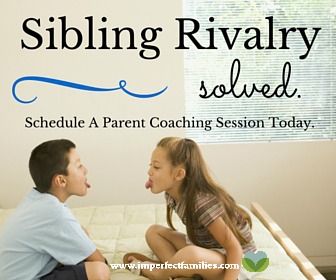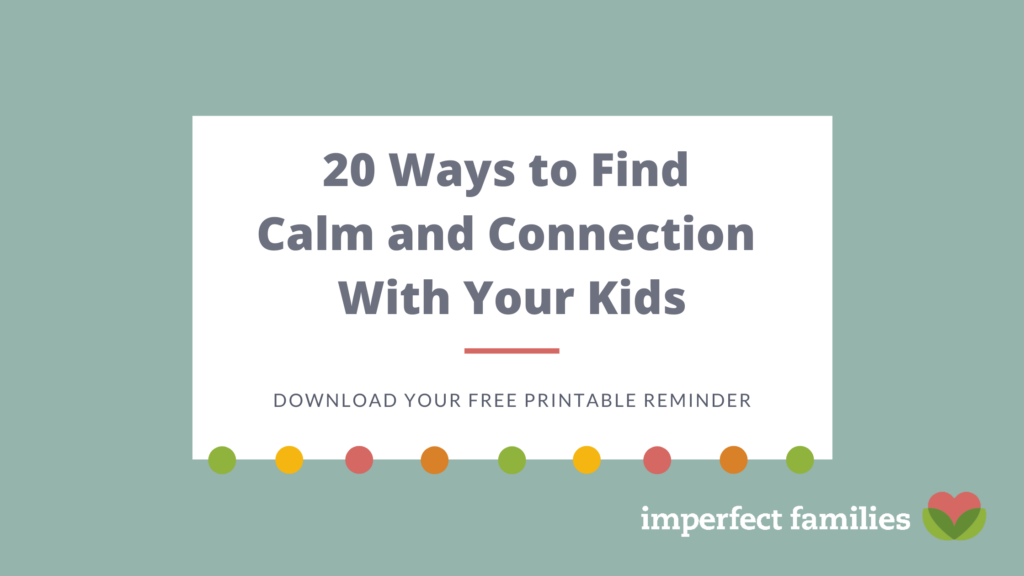
In our house, fair doesn’t mean “equal,” fair means “getting what you need.”
My youngest daughter had access to a cell phone years before our older daughter. Despite the fact that this is potentially “unfair,” there was no fighting, no sense of injustice, and no demand for equality.
How was that possible?
The phone – safeguards in place, and uploaded with music – was initially introduced as a coping strategy. We were going through a time of transition, and I wanted to provide both of my girls with a number of coping options. At first, both used the phone periodically. However, over time, our youngest found herself listening to music daily. She used it to calm herself, she used it to fall asleep, and as a constant background to her playtime.
My oldest daughter likes music, but she rarely turned to the phone – either for calming or general enjoyment. She listened with her sister, and made song requests, but never fought for control. She had other coping strategies that did not rely on music or the phone.
Of course with siblings, it is rarely this cut and dried.
What if both really enjoyed music? What if they both needed it at the same time?
Most likely, we would hear a lot more complaints: “It’s not fair!!”
Unless we change the definition of fairness in our family.
Ways to Change the Definition of Fairness
- Emphasize each child as an individual: Don’t love all of your children “equally,” love them individually! Each of your children has special and unique traits, talents, and interests. Appreciate the things that make each of your children different from their siblings. One way to do this is to speak your child’s love language. They will also have different ways of coping, communicating, and expressing emotions.
- Practice fairness, rather than forced equality: Help your children live the new definition of fairness. Talk about the different things that each child needs. For example, the baby needs to wear diapers, a 3-year-old needs to sit in a booster seat, and a 10-year-old needs extra math help. Then talk about how silly it would be to force everyone to wear diapers, to see dad sitting in a booster seat, or giving math help to the baby.
- Let your child feel their feelings: Yes, it will be hard when one child needs new shoes and the others do not. Be empathetic, “It seems like you’re jealous of Claire’s new shoes.” Let your child know that you hear their concern and understand that it is difficult, but, don’t feel obligated to do something, buy something or balance the scales to eliminate your child’s discomfort. It’s ok to feel feelings, it’s good for children to know that feelings come and feelings go.
- Encourage sibling bonding: Instead of pitting your children against each other (“who can get dressed the fastest?”), encourage them to do things with – and for – each other. Help them identify what their siblings need (“he looks sad, he may want his blankie”) or what they may be feeling (“your brother looks lonely”). Spending special individual time with each child may also decrease some sibling rivalry.
- Allow opportunities for all children to succeed: One word of caution as you move from “equality” to needs-based fairness. Be aware of any advantages, gender biases, or favoritism. Encourage your children – both boys and girls – to try new activities, chores, responsibilities, and experiences. Let your “clumsy” child carry dishes, and let your “tomboy” try out for dance. Children are often capable of much more than we think!
Are you feeling discouraged by this blog? Does it seem like your children are constantly worried about unfairness? You’re not alone. As a parent coach, we can work together to instill this new value in your family.




Comments have been turned off to retain the privacy of all families. If you have a question or comment on the topic, you're always welcome to contact me.